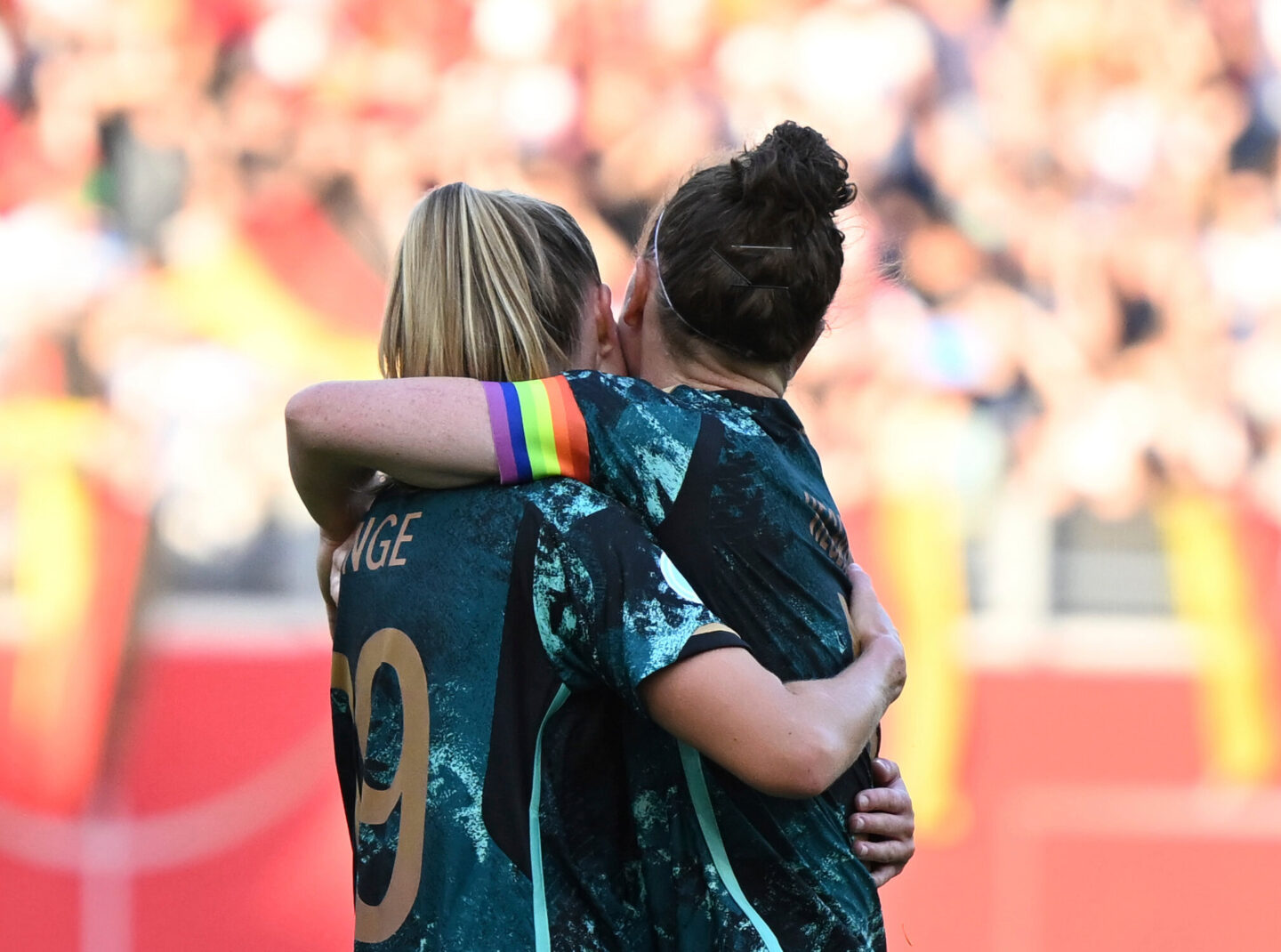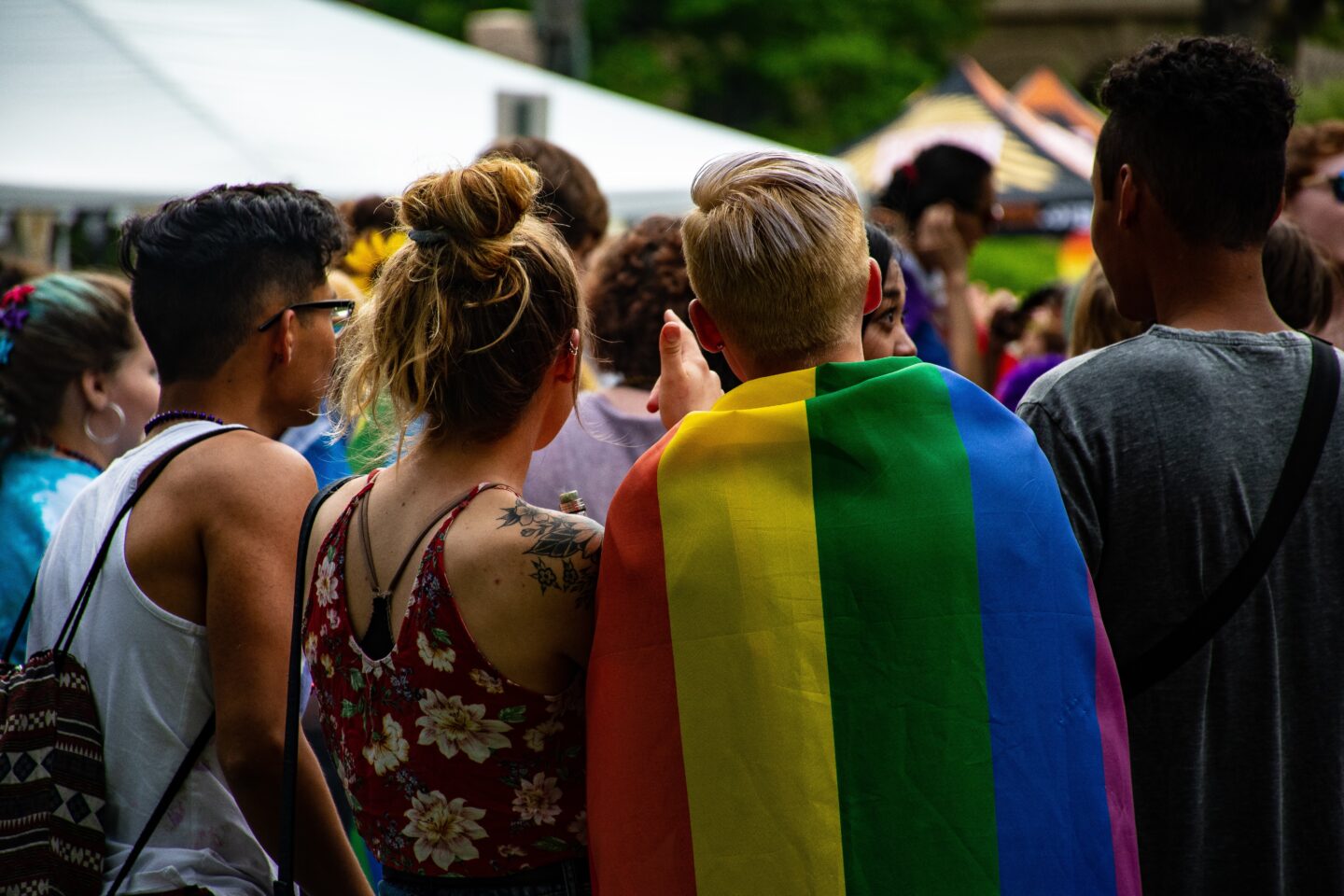For decades, the women’s game in Europe and North America has been leading by example on inclusion. As far back as I can remember, from playing as a young girl in Switzerland to organizing FIFA Women’s World Cups globally to now working as the Chief Sporting Director for the National Women’s Soccer League in the US, being gay or bi has never been an issue. In Europe and North America, players, coaches, match officials and administrators are generally free to be who they are in women’s football without fear of discrimination.
That openness and diversity comes from the way we lead in women’s football. I believe there are key lessons from women’s football that leaders from all walks of life can take on board if they are serious about making a real difference when it comes to inclusion.
You don’t know what you don’t know and certainly not what is best for others
If you have no lived experience of a specific community, why would you pretend to know what is best for those people in the workplace or as a stakeholder? Women’s football is a different product to men’s football, and yet large parts of the international decision-making in women’s football are still dictated by men, or a small but increasing number of women who are not women’s football experts. By contrast, with the National Women’s Soccer League – the only female professional, independent league in the world – we can make decisions that meet our needs; that treat women’s football as a unique value proposition and business model distinct from men’s football. This has led to significant investment from the private and corporate sector and resulted in an incredibly successful product.
If you want to become a more inclusive – and successful – organization, make sure you have the right people at the head table and that you include the appropriate stakeholders throughout your processes. That means giving a real voice to the communities you are seeking to serve. I don’t pretend to know what is best for a black or gay man in football, and neither should you when it comes to your industry or workplace.
Own and live by your values, for real
We see so many examples today of people saying the right thing but ducking difficult decisions when it might mean “offending” or alienating a specific group, often a group with regressive views. As a society, as individuals, do we really believe in our values, or are we just paying lip service to them for effect?
Lead from the top: trust your team and empower diversity
If we want to accelerate genuine progress, your approach to leadership must reflect the change you want to make. If we don’t lead from the top, change will come from the bottom, and many leaders and organizations will be left behind. Inclusive leadership means setting the tone, and showing your organization and all your stakeholders that you are serious and that you mean what you say. Walk the talk. For example, it is not enough to surround yourself with people from different cultures and backgrounds: you must empower them too. A good leader is humble enough to be a convener and orchestrator of the best people and to let them shine, like a good football coach – not a single-minded dictator.






 Audio available
Audio available